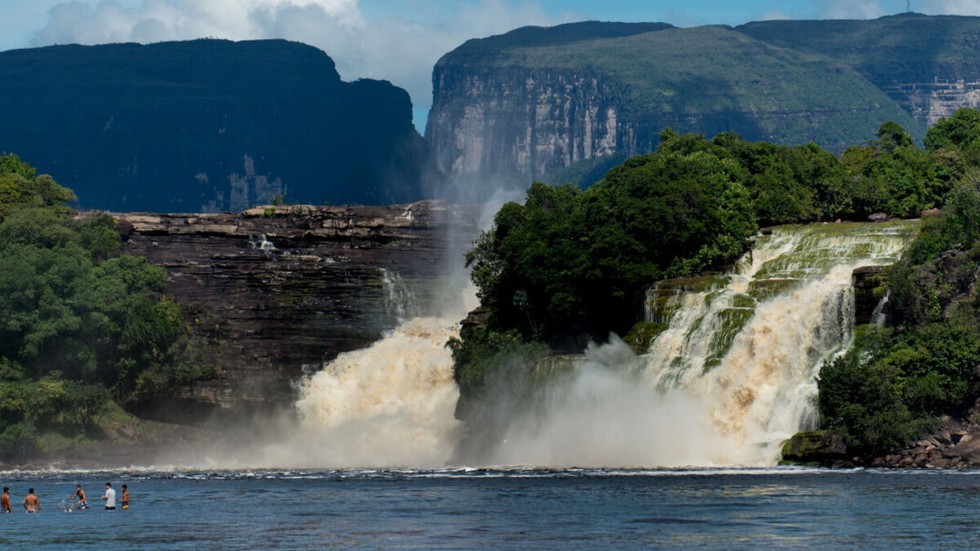Venezuela is facing a significant environmental crisis as it has lost all its glaciers, marking a crucial milestone in modern times. The Humboldt glacier, once the last remaining glacier in the country, has diminished to the extent that it no longer qualifies as a glacier but rather as an ice field.
Reasons for Reclassification:
The Humboldt glacier, located in the Andes, has shrunk to less than 2 hectares, well below the threshold typically used to define a glacier, which is around 10 hectares according to the US Geological Survey. This reduction in size has prompted its reclassification as an ice field.
Historical Context:
Venezuela’s glacier loss is part of a larger trend. Initially, the country was home to six glaciers in the Sierra Nevada de Mérida mountain range. By 2011, all but one, the Humboldt glacier, had vanished. Originally projected to persist for at least another decade, the Humboldt glacier has melted much faster than anticipated.
Contributing Factors:
Political instability in Venezuela has hindered scientific monitoring of the glacier site for several years. However, experts attribute the accelerated melting to both long-term climate change and recent climatic phenomena, such as the El Niño effect, which raises temperatures.
Mitigation Efforts:
Despite efforts by the Venezuelan government to combat melting, including the installation of a thermal blanket, experts believe these measures are ineffective given the magnitude of the issue.
Global Implications:
Venezuela’s situation is not unique. Countries like Indonesia, Mexico, and Slovenia are predicted to follow suit due to record-breaking global temperatures. Reports from the World Meteorological Organization further underline the widespread loss of glaciers, particularly in high-mountain regions like Asia.
Conclusion:
The loss of glaciers in Venezuela underscores the urgent need for global action to combat climate change and protect remaining glacial ecosystems. Experts warn that without immediate intervention, the irreversible melting of glaciers will have far-reaching consequences for both the environment and human societies.
Multiple-Choice Questions (MCQs):
- What is the primary reason for reclassifying Venezuela’s Humboldt glacier as an ice field?
- A) Political instability
- B) Decreased size
- C) Geological activity
- D) Pollution
- How many glaciers were originally present in Venezuela’s Sierra Nevada de Mérida mountain range?
- A) 4
- B) 5
- C) 6
- D) 7
- Which climatic phenomenon is believed to have contributed to the accelerated melting of glaciers in Venezuela?
- A) La Niña
- B) El Niño
- C) Monsoon
- D) Typhoon
- What measures have been taken by the Venezuelan government to mitigate glacier melting?
- A) Installation of wind turbines
- B) Deployment of underwater barriers
- C) Introduction of thermal blankets
- D) Planting of trees
